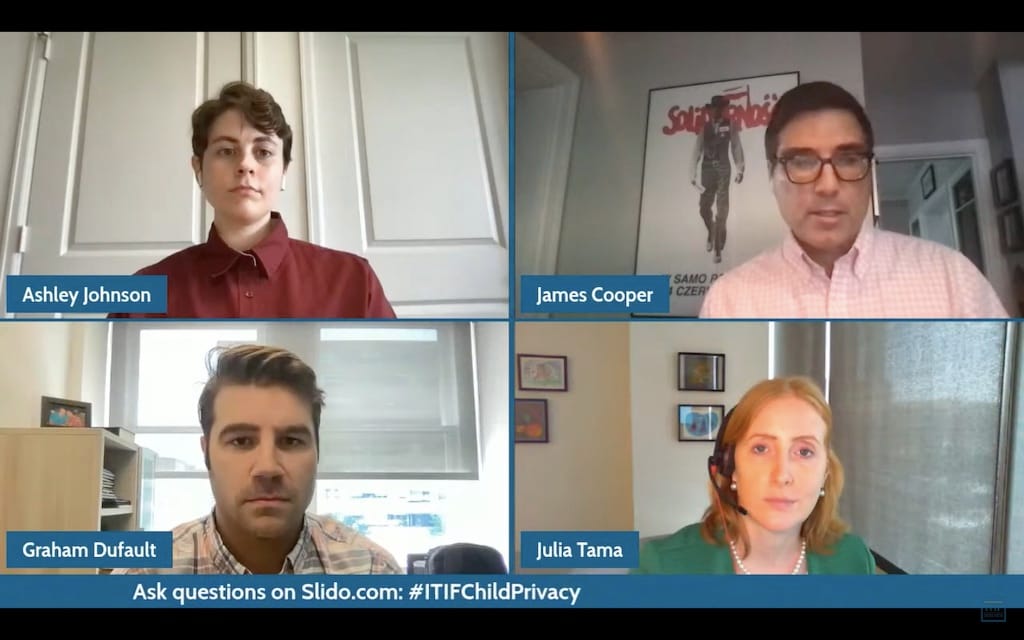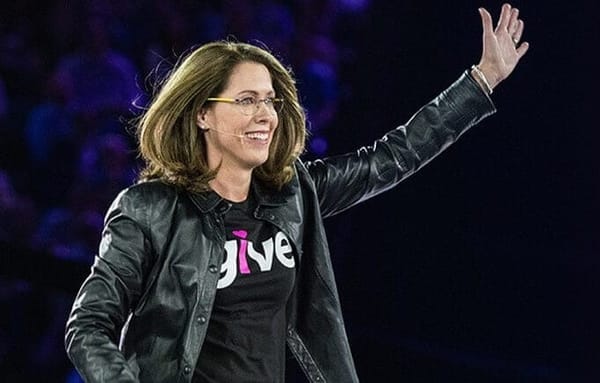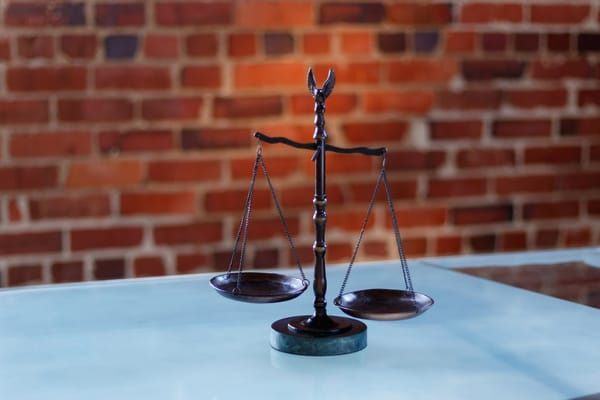Experts Wrangle Over Whether Online Children Protection Legislation Needs Overhaul
‘We can’t keep overhauling the regulatory structure.’

WASHINGTON, June 21, 2022 – Observers at an Information Technology and Innovation Foundation event on Wednesday urged Washington not to take legislation protecting children online down the path of congressional overhaul, instead preferring guidance for the existing text to come from its administrator, the Federal Trade Commission.
The Child Online Privacy Protection Act, passed in 1998, includes online data protections for children under 13. In 2013, as designated by Congress, the FTC updated enforcement rules, giving parents more control over the online collection of their children’s personal information.
Since then, new advances in technology and social media has brought COPPA to the attention of many who consider substantive changes are needed, including privacy experts, senators and U.S. President Joe Biden, who addressed it in his State of the Union address earlier this year.
Some lawmakers have long called for an age increase for those protections through legislative reforms, which came before lawmakers this month introduced a proposal for the first federal privacy law, which would include data privacy protections for children under 17.
“We can’t keep overhauling the regulatory structure,” said Julia Tama, partner at law firm Venable LLP. “It takes a big investment for companies to come up to speed.”
Instead, she said, she wants “improvements on what we have rather than replacing it with a completely different framework.”
In May, the FTC issued a policy statement that will guide its enforcement of COPPA. It focused on four provisions: limiting the amount of data collected for children’s access to educational tools; restricting types of data collected and requiring reasons for why they are being collected; prohibiting ed tech companies from holding on to data for speculative purposes; and prohibiting the use of the data for targeted advertising purposes.
Graham Dufault, senior director for public policy at the App Association, said the FTC should be responsible for potential provisions made to COPPA. “The FTC’s enforcement of COPPA is a really important thing for us.”
But panelist James Cooper, associate professor of law and director of the program on economics and privacy at George Mason University, said COPPA isn’t in need of any major revisions. He said if the legislation requires change, he doesn’t want to see it done through FTC policy statements and instead should come from the crafters in Congress.
“If the FTC feels [the need to] expand COPPA beyond its current boundaries, it should go back to Congress,” Cooper said.








